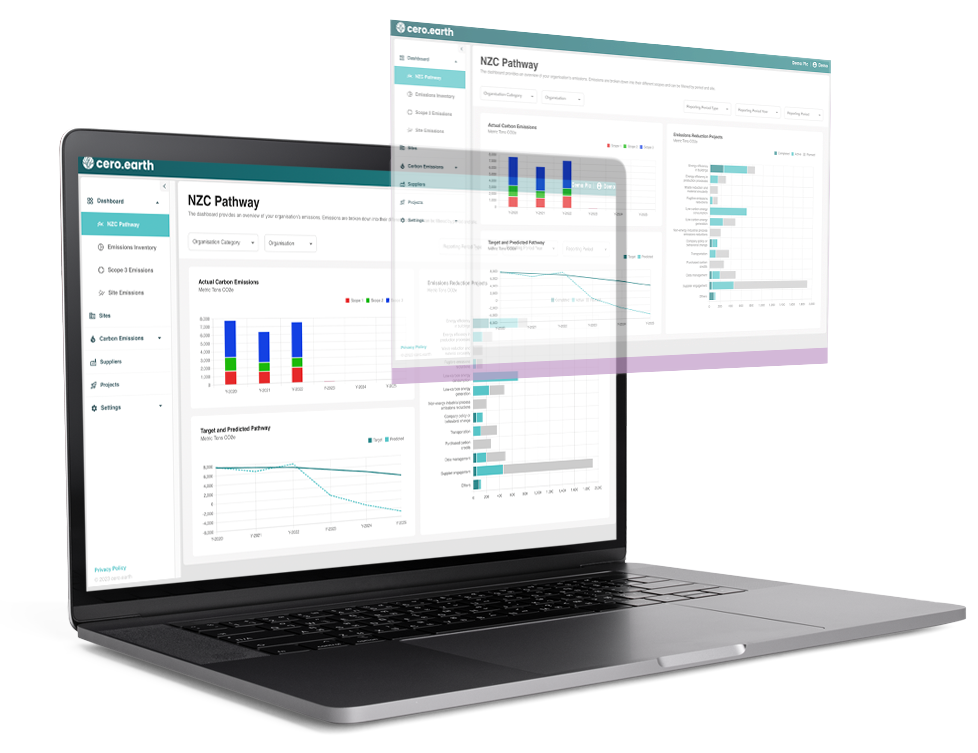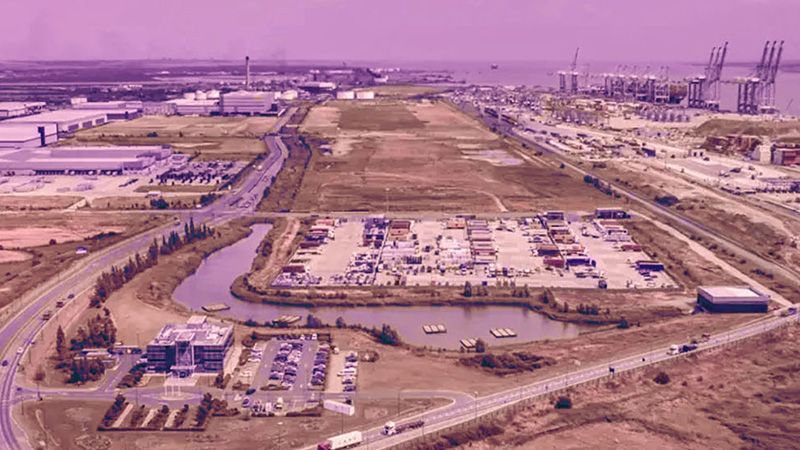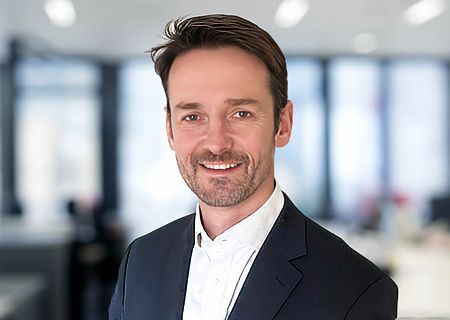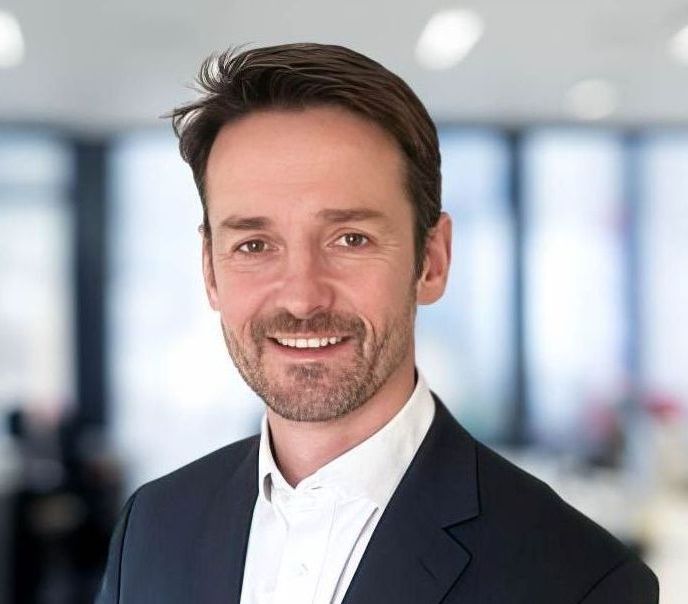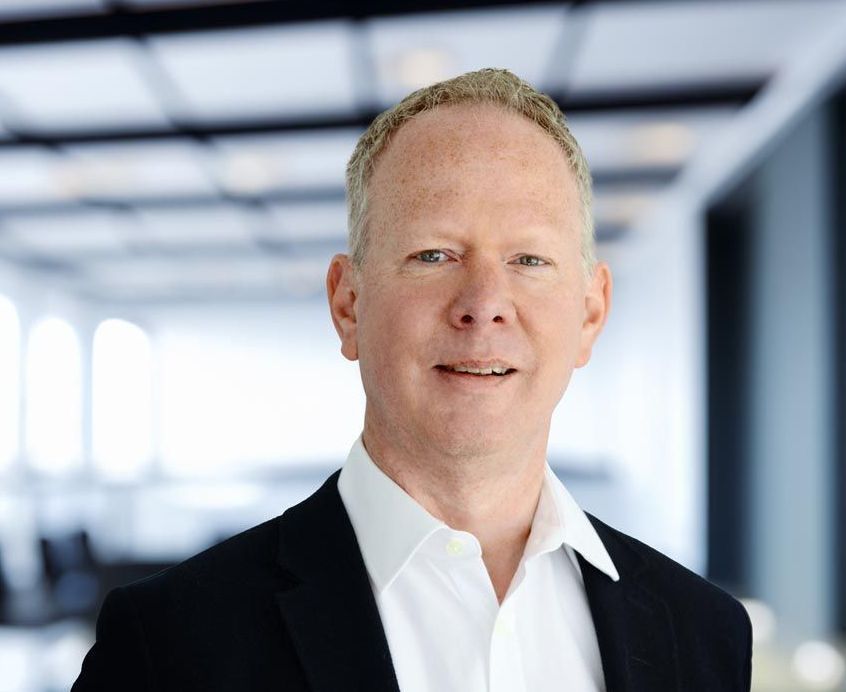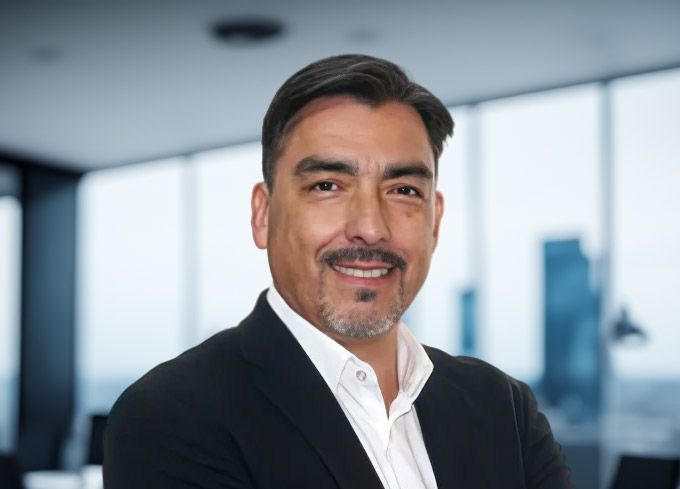by Pete Nisbet
•
5 February 2025
Why Strong Policy Matters When we look back over the first few years of this decade, there have been numerous environmental pledges, policies, and targets announced with great fanfare around the world. In the media, we constantly see images that affirm that history is being made: world leaders in rare agreement and lofty speeches behind podiums. In the meantime, the business sector has taken a deep, quiet breath. In most cases, companies have acted: starting their net-zero journey by recalibrating their operating models. It is clear that policy should lead to direct action. But legislation isn’t always contractual; sometimes policy can simply be guidance. Even then, under the influence of public pressure and media scrutiny, it can effectively steer customers and businesses in the right direction. Awareness of policy and the effects of ignoring it are also significant factors. If businesses respond slowly to this shift, it can have a material impact on the products and services that they provide, and even destabilise their long-term financial security. How to Create Momentum To create momentum, a policy needs to provide clear targets for all market participants to work toward. Secondly, depending on the market, a subsidy/support mechanism should be considered to stimulate customer participation and provide the right conditions for investors. We will look at both elements in a bit more detail: Targets and Plans Every target needs a business plan. However, you will struggle to make a realistic plan without knowing what the rules are—picking up the ball and throwing it in the net won’t get you very far in football. In this analogy, when I say ‘rules’ I am referring specifically to policy. Policy creates structure and gives the market guidance. This in turn creates the ability to grow from a solid foundation through investment. What makes a good or bad policy? With the introduction of each new policy there will be those who support it, those who hate it, and those who are in between. The simple key to a good policy is that it is clearly defined with a set of well-considered actions to complete. To achieve this outcome, policymakers should: Engage with the market : This is critical. The market participants, suppliers, consumers and relevant stakeholders live and breathe it on a daily basis. It is important to do more than just listen when creating the policy: make sure you are constantly responding to the market throughout its implementation to better understand when sensible adjustments are required. Timing and certainty : For any market and its participants, having a clear view of when polices will be introduced or changed gives the sector time to plan. Markets and investors hate surprises and uncertainty. If a policy creates shockwaves and continues to be short-term (due to ministerial change etc.), then investors will flee and find another market to work in. Larger participants, who can bring volume and real change to a market, need a clear reason to change. In some instances, these market leaders have been established for decades. Changing the rules creates uncertainty, and uncertainty reduces investment. Subsidy or Transitional Support In any new market ( such as green hydrogen ) or a new version of a market (such as the transition from ICE to EVs and boiler degasification ), there is a need to create momentum. In a nascent market, companies don't have a bottomless pit of finances to run R&D programmes, invest in potentially expensive equipment, or employ technical expertise. In a changing market, customers don’t have the ability to jump into a new environment when disposable income isn’t available. A lack of subsidy creates a huge barrier to entry for small dynamic and innovative businesses, who are often the ones who really challenge tradition and drive the necessary change into a market. Without subsidies, progress is difficult or impossible, as contracts are often short in duration. This means that businesses start on the back foot from day one. In short, cash flow is key. Transitional support is also instrumental for customers who need to make the ‘leap of faith’. It has become clear from recent experience that we need this support to create a national shift. Without it, only the wealthy can afford to make the necessary changes and not the wider population—and a large chunk of this demographic is necessary to move the needle in a material way. This has been evidenced in the renewables market in the UK over the last decade, where we have seen the benefit of subsidy-support in developing a market. This gave investors the confidence to invest, and businesses the confidence to build, amounting to a huge success. We should also expect some bumps in the road, as we saw with the Solar PV Feed in Tariff which was initially set too high and therefore too attractive to ignore. It led to a greater take up than envisaged by the government, which resulted in unplanned charges having to be absorbed by suppliers or passed onto end users. The silver lining, however, is that it put momentum into installation and has boosted the UK to rapidly decarbonise its grid ahead of a number of leading global nations. Stability and Support will Bring Change It is clear that the journey to net zero will be challenging for companies of all sizes, but it is also clear that we as a nation and global community will need to do this at pace. If we don’t create challenging timelines, then only a small proportion of the population will decarbonise. This means governments will need to make firm, long-term decisions which not all of the population will agree with. But, if the policies are good, and subsidy/transitional support mechanisms are put in place, momentum will increase and public perception will amplify those effects as more and more households and businesses report progress. Given these statements, it is clear that both consumers and markets need stable targets and continued support to reach ambitious and legally-binding net-zero goals. Our 4-Point Plan to Protect your Business against Policy Change In a politically unstable world, we must expect twists and turns on the route to net zero. As a supplier, innovator, or anyone who is trying to develop products, deliver services or enter new or evolving markets, there is need to prepare for sudden changes. To help, we have set out four steps that can be followed to navigate volatile policy: Be aware : Make sure as a business you are clearly aware of the detail behind any policy or subsidy that has an impact on you and your business. If you are short on knowledge, this is a clear risk to your business. As an individual responsible for policy or subsidy you will need to know these details to reassure senior stakeholders. As a business you will need to know these details for long-term planning and presenting to customers and investors. Engage with policy makers and industry think tanks : One of the key points we made above is that a good policy is one that has been developed by listening to the market. This doesn’t always happen; so, sometimes this means that the market itself needs to be proactive and talk to the policy makers in a coordinated manner. This might be through direct contact as an individual business, a group within the industry, or through a consultation process. Create a Plan B : If your business is solely dependent on the current policy or subsidy in place, then you clearly need to ask ‘What if’? A business plan needs to factor in changes to subsidy, term, and government, etc. By doing this you will be able to weather the storms and react quickly to change. Surprises can immediately derail a business and permanently damage its long-term viability. Having a Plan B may also produce opportunities that your competitors haven’t seen and are slow to react to. Continuously evaluate : Businesses are continually evolving and, as we’ve discussed, so are policies and subsidies. This means that continually reassessing scenarios, and the impact these changes can have, gives your business a first-mover advantage. We advise companies all the time about maintaining up-to-date management reporting to deploy net-zero strategies. This should be no different to your assessment of the impact of policy and subsidy changes. Summary We have outlined the role of policy in establishing clear goals and subsidising new markets, which encourages both the business sector and consumers to take critical decarbonisation actions. The journey to net-zero emissions is undeniably challenging, but with the right policy framework, both businesses and consumers can benefit in both the short- and long-term. The importance of continued support and stable targets to meet ambitious and legally binding net-zero objectives is vital to the future resilience of our economy and the confidence of our markets. A proactive and resilient approach to policy will allow businesses to adapt, react swiftly to changes and potentially discover opportunities missed by competitors. About edenseven edenseven is the sustainability-focussed sister-company of Cambridge Management Consulting. We work with businesses across all sectors in multiple regions to deliver robust and deliverable net-zero strategies. A cornerstone of any strategy’s success is an awareness of how changes in policy and subsidies can create both risks and opportunities for a business. If you are a business trying to enter a new market or evolving in an existing market and would like to learn more about how edenseven can support you, please get in touch with the team at edenseven at info@edenseven.co.uk or use the contact form below. Find out more about edenseven on their website: edenseven.co.uk
